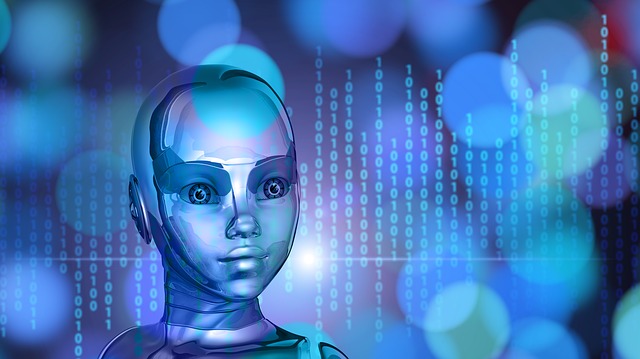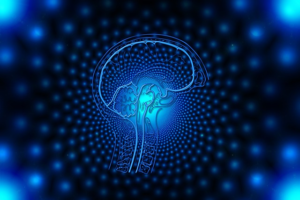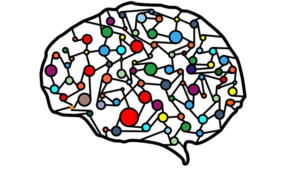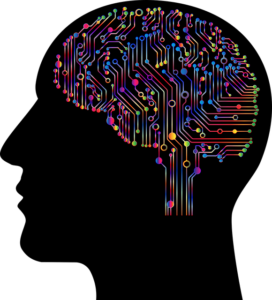Artificial intelligence may diagnose dementia as accurately as clinicians – UPI News
A new study suggests that artificial intelligence may be as accurate as clinicians in taking the first toward diagnosis of dementia. Photo by Mitrey/Pixabay https://pixabay.com/images/id-7000104/
June 20 (UPI) — To solve the conundrum of how to get timely medical care to people with memory loss or other impaired cognitive functioni…….

A new study suggests that artificial intelligence may be as accurate as clinicians in taking the first toward diagnosis of dementia. Photo by Mitrey/Pixabay https://pixabay.com/images/id-7000104/
June 20 (UPI) — To solve the conundrum of how to get timely medical care to people with memory loss or other impaired cognitive functioning, a new study suggests that artificial intelligence may be as accurate as clinicians in taking the first step: diagnosis.
Findings from the study, which was conducted by researchers at Boston University School of Medicine, were published online Monday in the journal Nature Communications.
“We’re trying to leverage AI to create frameworks to mimic neurology experts,” for dementia diagnosis, Vijaya B. Kolachalama, the study’s principal investigator and assistant professor of medicine and computer science at Boston University, told UPI.
He said his lab aims to use computer models to assist clinical practice.
Kolachalama stressed that the aim of his team’s work is to help reduce the workload of the busy neurology practice, not replace the expert clinician.
And, in the many places in the world where dementia is being diagnosed by the primary care physician, he said the tool would help provide expert insights to the clinician.
Neuropsychologist Stephen Rao, a professor and director of the center for neuro-imaging at the Cleveland Clinic Center for Brain Health, said the research is “moving in the right direction” and called the results encouraging.
But Rao said this is “not a definitive study,” noting the AI model doesn’t include clinical data on lumbar punctures to analyze cerebrospinal fluid, and blood tests. And he said much work remains to be done to determine the tool’s value in a real-world setting.
Kolachalama described the rise in dementia in the aging U.S. population as “a sobering reality.” Worldwide, the study notes nearly 10 million new cases of dementia are diagnosed annually, with Alzheimer’s disease the most common.
“The patient has to be assessed on many different levels … to make the diagnosis and figure out where the person falls on the dementia spectrum,” and to determine the cause of dementia, he said.
To accomplish this, the researchers used machine learning to design computer models able to digest large quantities of data that might be collected during a typical work-up of a patient with suspected dementia.
These included results of neuro-psychological and functional testing, medical history, physical examination, demographics and MRI scans, a Boston University news release said.
Information was fed to a neural network “trained to elicit disease-specific signatures from this vast set of inputs.”
In addition, a group of 24 physicians — 17 neurologists and seven radiologists who specialize in neuro-imaging — participated in a “head-to-head” comparative study with the AI models, Kolachalama said.
The doctors and computer model were given an identical set of 100 patients and asked to provide diagnoses using the same information, and their accuracy was similar.
In fact, he said, the model did better at differentiating the type of dementia — whether Alzheimer’s or something else — in patients who had been diagnosed.
Kolachalama said he spent about two years on the study, done as a follow up to his team’s work published in 2020 on the algorithmic framework for AI dementia diagnosis.
How far out is its potential application? “That’s the million dollar question,” Kolachalama said.
Over the next couple of years or so, the researchers hope to assess how dementia is diagnosed in real-world settings in countries other than the United States and Australia, the two cohorts used in the current study.
Once the model is expanded beyond the two countries, the researchers want to test it and see how it performs in real time in the clinic.
“It’s a long process, but I think we have a good start,” he said.







